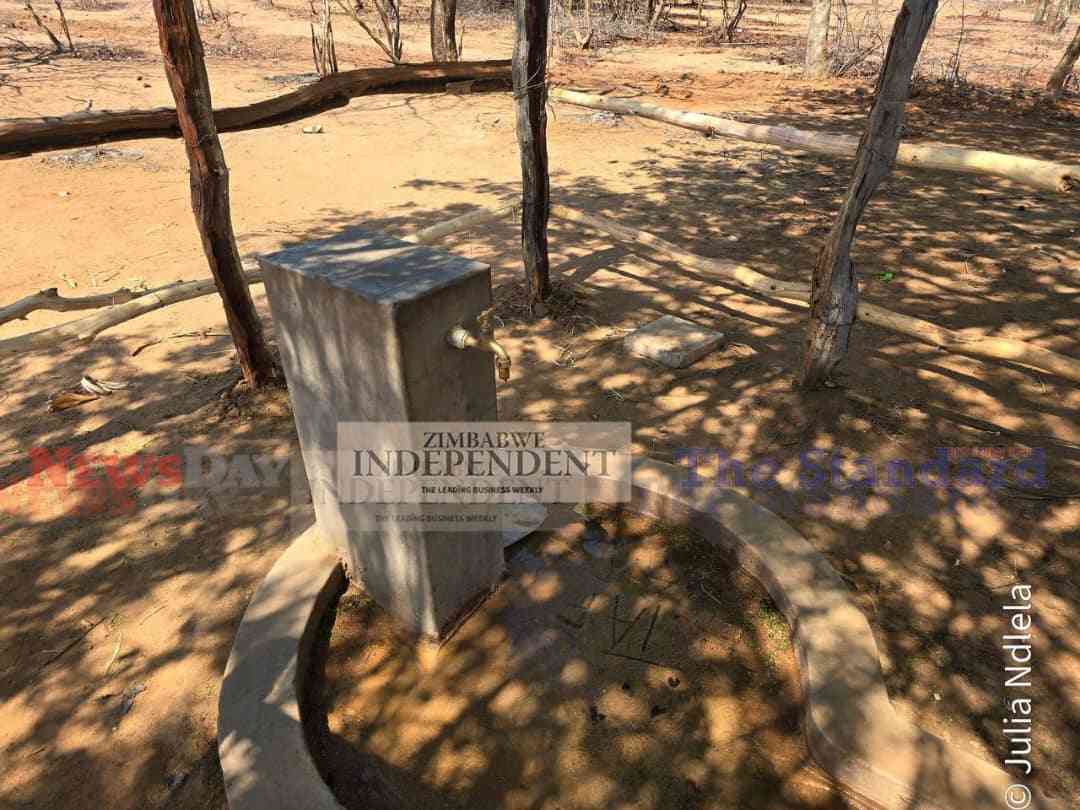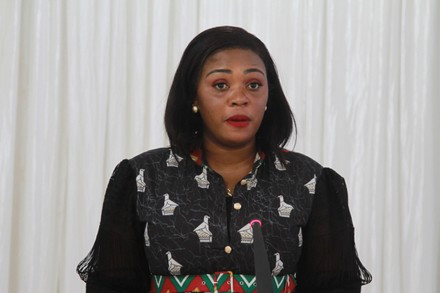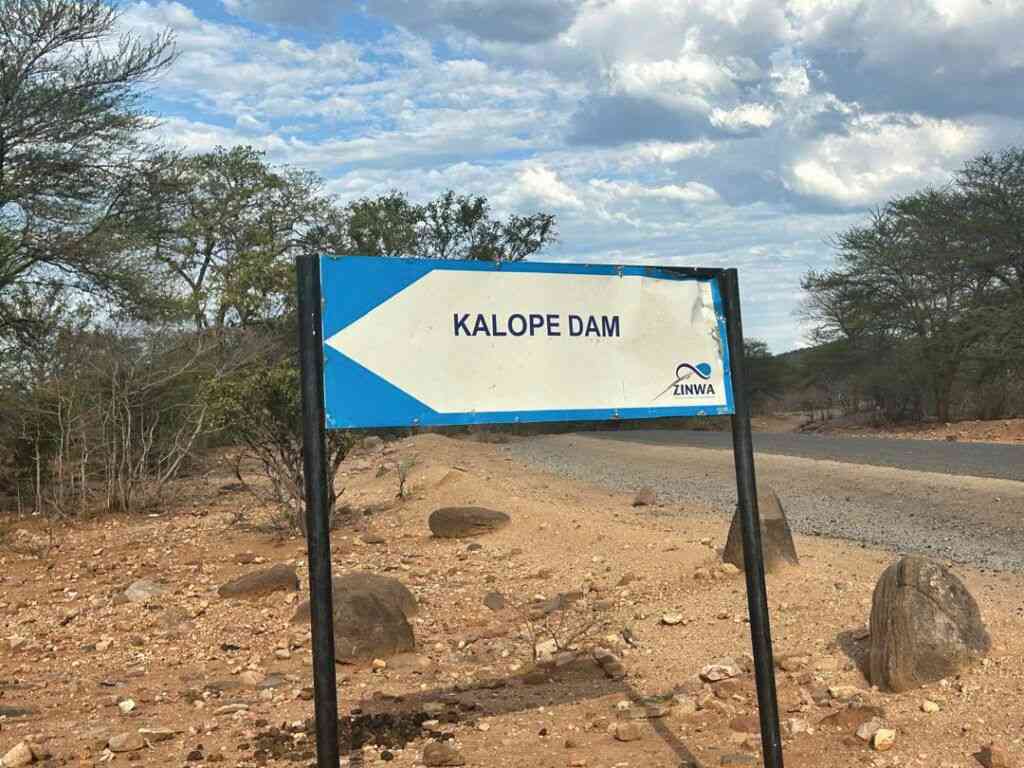
A NEWLY-INSTALLED piped water scheme in Musaidze Village 15 in Ward 25, Bikita district in Masvingo province is providing the much-needed relief to a community grappling with severe water scarcity and threat to diseases.
The project was funded by the government under the Lands, Agriculture, Fisheries, Water and Rural Development ministry in partnership with Unicef, with funding from UN Central Emergency Response Fund.
It aims to serve more than 1 000 people in a radius of up to 2,5km.
Speaking to NewsDay, Bikita district development co-ordinator Benard Hadzirabwi said the borehole installation and piped water schemes by the government and Unicef had assisted the agro-based Bikita community.
“It has gone a long way in mitigating problems such as the climate change-induced challenges, where rainfall and natural effect is very low, and even the water table are rather very low,” Hadzirabwi said.
“Ward 25 and Ward 26 are deep in agro-ecological Region 5. Those district wards have been facing problems of water shortage for a long time.”
The piped water scheme has also played a crucial role in curbing the spread of cholera, a disease that previously ravaged the community.
“Region 5 used to record the highest number of cholera and deaths cases as a result of clean water unavailability.
“So this Unicef-funded project will go a long way in solving villagers' problems by availing clean water. Now, they can have water for their domestic use, livestock as well as their small crop fields,” he said.
The project has also provided a reliable source of safe drinking water, reducing the reliance on contaminated river water.
Ward 25 councillor Winfilda Nedombwe highlighted the community’s longstanding water scarcity challenges.
“The dams we relied on dried up due to the drought and people had to travel long distances to fetch water down this side, but the water pipe scheme has helped a lot of communities as people can now fetch water from the installed tanks that are close to the households,” she said.
Nedombwe, however, pleaded for more tanks to be installed as the demand has overwhelmed the installed capacity.
“One borehole against people, crops and livestock is not enough. We have vegetable gardens that sustain people's livelihoods here as well as people.
“We are calling on the modification of the existing dam nearby to at least service the livestock. We have 400 households, 583 cattle and 324 goats in the area. The borehole has enough water, but we need more reserviour tanks,” she added.
Nedombwe expressed gratitude for the project, which has helped prevent cholera outbreaks and improved the overall health of the community.
To increase community resilience in Zimbabwe against climate change, Unicef is pleading for US$34 million for the water, sanitation and hygiene sector.
The request was made at a time when millions of people in Zimbabwe are experiencing severe water shortages and food insecurity due to the disastrous consequences of the drought caused by the El Niño phenomenon.
The water scheme has also had a positive impact on the local economy. A community garden, supported by the project, has enabled women to generate income from selling vegetables and tomatoes.
Shelton Mufandawana, a member of the garden club, reported that the garden currently has 3 000 tomato plants and 3 000 sweet cabbage plants.
“We are grateful for the borehole drilling as it has curbed cholera outbreaks which happened in January,” he said.
“People used water from the river, which was not safe, so as a health worker, this has made our job easy when we teach people to be healthy.”
Mufandawana said the women are now earning a living from selling vegetables and tomatoes they would have grown in the garden.
One of the project members, however, expressed concern over challenges in finding markets for their produce, often leading to excess supply.
“The community is calling for additional support to address this issue and ensure that the garden’s efforts are rewarded,” he said.
“There is a challenge of market for selling our produce. We have produce, but we do not have buyers. So some of it ends up being rotten and we throw it away. With vegetables, we end up drying them for future use.”











